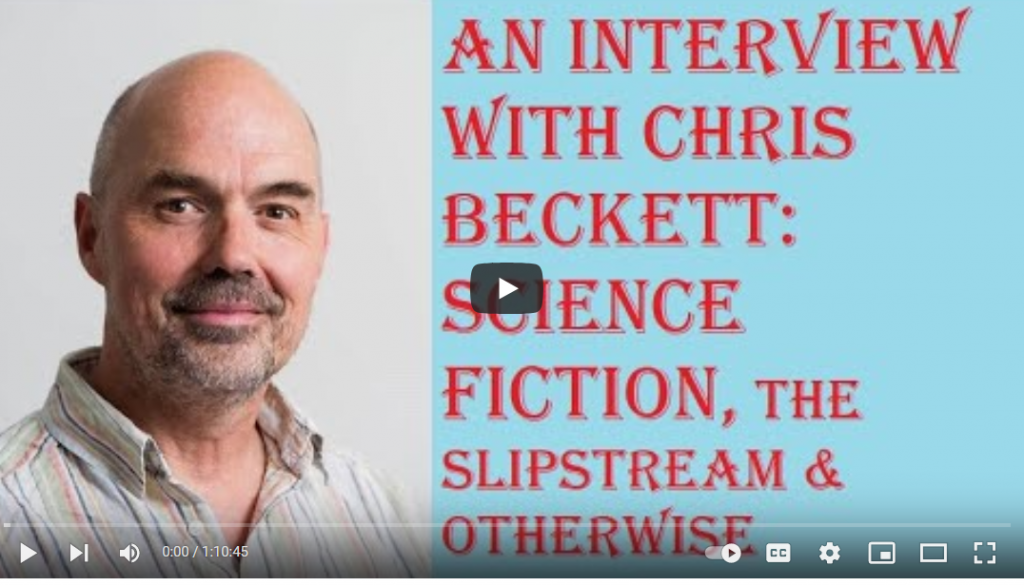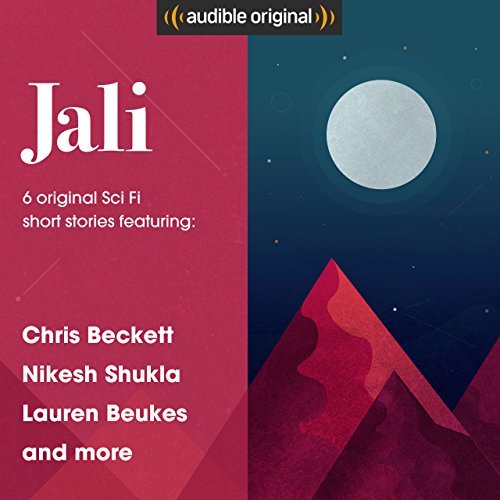I proposed the song ‘5.15’ as theme music for my previous post. The Who, from my perspective now, seem to me to have represented better than anyone else what it was like being an alienated adolescent in the 1970s. And, of their many takes on this subject, ‘5.15’ (about a stoned teenager riding a commuter train out of London) is, I think, the best. So many things are captured in this song – the free-floating sexual frustration, the sense of detachment from the adult world (‘Why should I care? Why should I care?’) – but my favourite verse is:
Magically bored
On a quiet street corner
Free frustration
In our minds and our toes
Quiet storm water
M-m-my generation
Uppers and downers
Either way blood flows
‘Magically bored’ is perfect!
See also, obviously, ‘My Generation’, its stammering refrain referenced in the above verse, and in particular ‘See me feel me’. This last (from Tommy) is more of a fragment than a song, but its eight, several times repeated, opening words can still bring tears to my eyes, so powerfully do they represent to me now the longing and fear of a 16-year-old from a somewhat dysfunctional family who has never been kissed, never even met a girl of his own age in a social situation, who has only just begun to make real, if rudimentary, friendships, but knows that in another year, he will have to go out into the world.
It’s an odd thing. To my 16-old-self, anyone over 40 was in some way emotionally already dead (‘…The things they do look awful cold/ I hope I die before I get old…’), so, if he could see me as I am now, that adolescent me would probably not recognise me as being in any way like him, but I feel an affinity with him all the same, a greater affinity, in a way, than I feel with all the other iterations of me that have existed in the years between. Why is that, I wonder?
I think partly it may be because, now, past the age of retirement, with my bus pass and my pension (yes, baby boomer, alright for some… etc etc), I have reached a kind of second adolescence, when I am no longer required to go to work every day or to have long-term plans, and when I can, if I wish, spend a Tuesday morning sitting around for several hours, listening to songs, and asking myself what they mean to me. (The magical difference is that I no longer have to cry into the void ‘see me, feel me, touch me, heal me’, because I have the things I feared I would never have.)
But it’s also partly because I have always tried in some way to be true to that 16-year-old, and not to embrace the kind of adulthood he despised. It seems odd in a way for a fully grown man, with a lifetime of experience to draw upon, to want to stay true to a clueless 16-year-old. But there it is. Foolish as he was, he saw something that I don’t want to forget. Like Wordsworth said (I’ve just looked it up! I had no idea it was him), ‘The child is father of the man.’
Cue for another song fragment from a man who burst up from a miserable childhood to explode like a firework into brilliant colours, and then crashed to the ground before he could finish writing the album this song was supposed to be part of.


